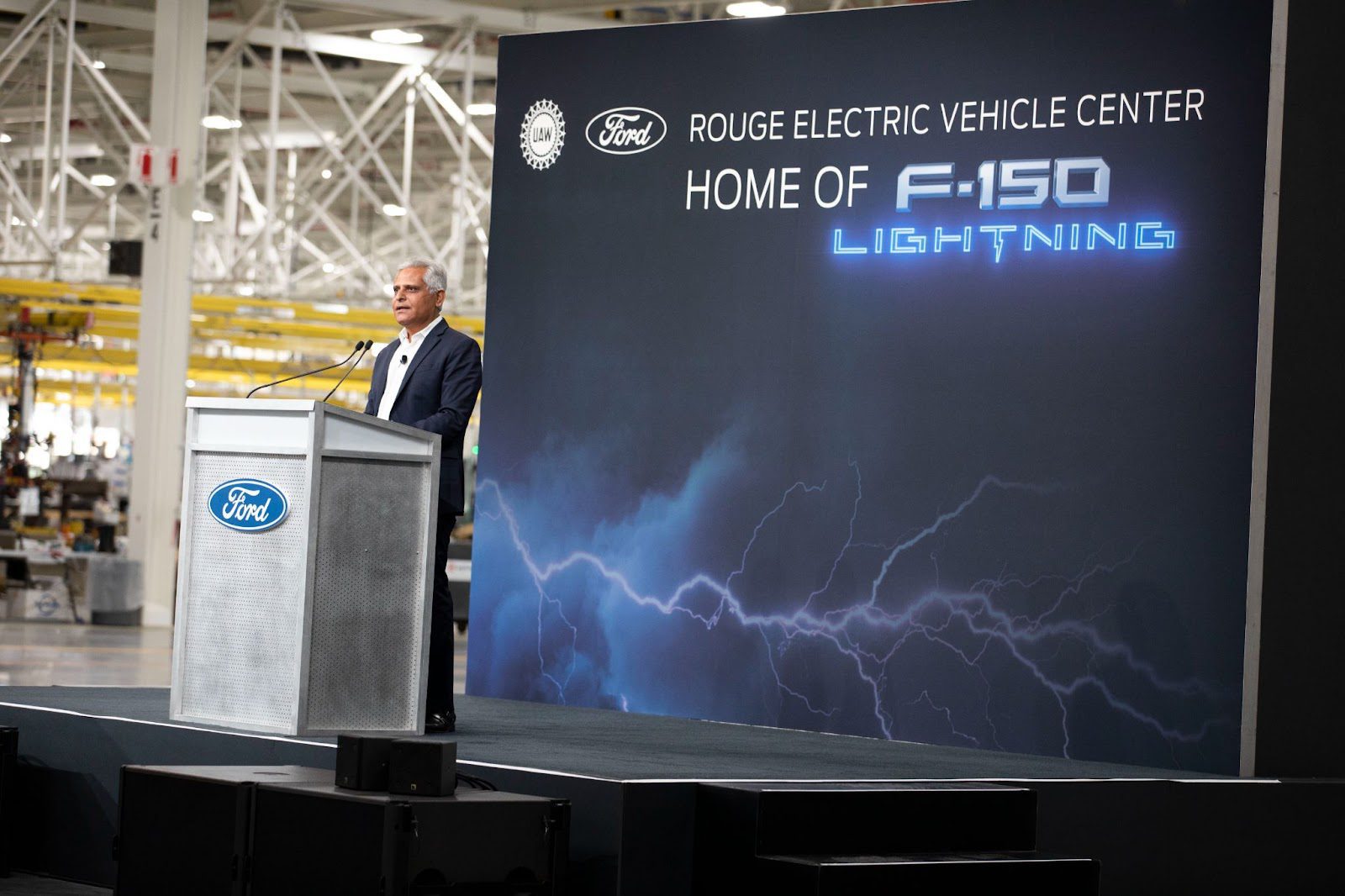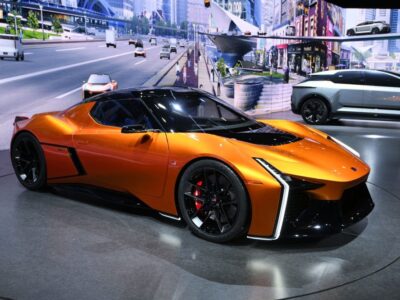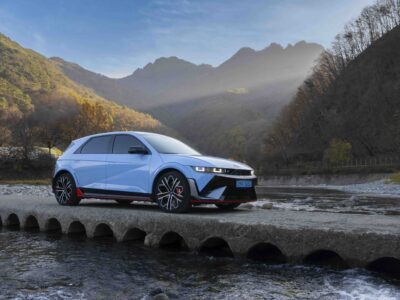Michigan is a state rich in automotive heritage. Ford and General Motors (GM) have headquarters in Detroit, but as the times change, so do their business strategies. Electric vehicles (EVs) are offering a new solution to the strained Michigan economy.
According to the U.S. Electric Vehicle Manufacturing Investments and Jobs report, a record $16.6 billion was contributed to EV technology — a tie with Tennessee for the most investments. Infrastructure like charging stations and battery plants initiated America’s EV revolution in its industrial heartland.
American Vehicle Manufacturing Is Back
Michigan EV advancements gained traction in 2019. Ford announced a $1.45 billion funding round to develop the F-150 Lightning pickup truck. This money would create around 3,000 new vehicle manufacturing jobs at Ford’s southeast Michigan facilities. This investment also supported the return of the Ford Bronco and Ranger, although both were internal combustion engine (ICE) cars. Still, this was a massive moment for Ford and Michigan.
Simultaneously, the first new auto plant in Detroit in three decades opened. Fiat Chrysler, owned by international auto conglomerate Stellantis, spent $4.5 billion on a modern assembly facility. Another $2 billion went to expansions of existing factories in cities like Warren, Dundee, and Sterling Heights. Stellantis will produce Jeep and Dodge models at these sites.

Photo Courtesy GM
We can’t forget about GM. The company invested $2.2 billion into Factory Zero, a plant dedicated to strictly EV production. Anything zero-emission-related comes from this site, which operates in the heart of Motor City. The news broke in 2020 when the HUMMER EV was announced — the tank-like SUV is assembled at this facility.
In early 2022, GM invested $7 billion toward conversion efforts at the Orion Township assembly plant. The new EV factory produces electric pickup trucks, rounding out to about $4 billion for this building. The remaining funding went into GM’s third Ultium battery plant in Lansing, MI. It was constructed with assistance from LG Energy Solution.
These two investments create around 4,000 new jobs between Orion and Lansing. According to Gov. Gretchen Whitmer, this investment is the largest in GM’s history.
EV Tech Facilities Open
Summer 2022 saw another investment from Ford. Another $2 billion was pumped into an expansion of plants across Michigan. This move bolsters Ford’s current EV production strategy while securing the ICE vehicles already in its portfolio. This effort will create more than 3,000 new jobs and generate $22.5 billion in personal income over the next 16 years.

Photo Courtesy Ford
LG joined Michigan’s automotive and industrial revival. The company invested $1.7 billion in a Holland, MI, battery plant. The facility will produce large lithium-ion cells for some EVs. It will also generate 1,200 jobs and establishes Michigan as a leader in electric car and related tech manufacturing.
Smaller businesses jumped in on the EV surge. In October 2022, a new firm, Our Next Energy, completed a $1.6 billion investment round for its first battery cell and pack gigafactory in Van Buren Township. Our Next Energy is developing anode-free batteries capable of increasing EV range up to 600 miles. These types of packs could make EVs more reliable. The company was founded in Novi, MI, showing a dedication to the revival of the Michigan auto sector.
In the same month, Chinese EV firm Gotion put $2.36 billion toward a new manufacturing facility in Big Rapids, MI. The company researches, produces, and sells lithium batteries across the globe for commercial, specialty, and hybrid engine vehicles. With offices in California and Ohio, Gotion has a significant presence in the U.S., benefiting widespread EV production.
January 2023 saw the most recent funding. Ford invested another $3.5 billion in a new plant in Marshall, MI, supporting Ford’s goal of producing 2 million EVs annually by 2026.
The new facility will manufacture batteries for several of the company’s future EVs, creating 2,500 jobs.
“We are committed to leading the electric vehicle revolution in America, and that means investing in the technology and jobs that will keep us on the cutting edge of this global transformation in our industry,” said Bill Ford, Ford’s executive chair. “I am also proud that we chose our home state of Michigan for this critical battery production hub.”
A More Sustainable State
All of these EV investments coincide with Michigan’s long-term climate strategy. The MI Healthy Climate Plan, developed by the Governor’s Office, is helping to lead the way for future-forward investments in Michigan. Beyond ushering in innovations automobile technologies, the goal is to keep citizens healthy and repair crumbling infrastructure.
Greenhouse gas reduction is a very ambitious goal set by the plan, and clean energy generation will play a big part in that. With more EVs on the road from investments in Michigan, the state may be well on its way to meeting that goal.





